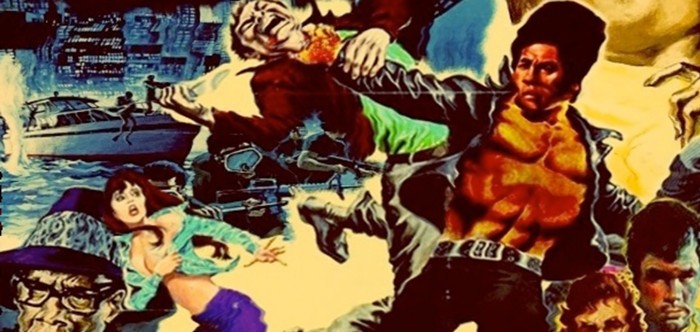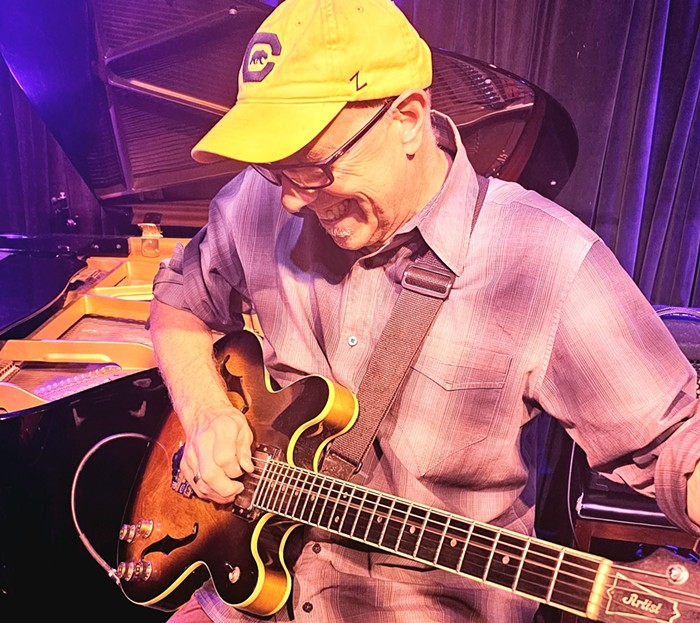"VIRGIN MARY, Mother of God, put Putin away."
This is the "Punk Prayer" the Russian feminist collective Pussy Riot sang at Moscow's Cathedral of Christ the Savior in February 2012, equal parts kneeling and thrashing at the altar in bright-colored balaclavas. The protest group has around 11 members total, five who participated in the performance of "Punk Prayer." Shortly after their protest, Nadezhda Tolokonnikova, Maria Alekhina, and Yekaterina Samutsevich were imprisoned and charged with "hooliganism" motivated by religious hatred. Tolokonnikova and Alekhina remained in prison for almost two years, but their artistic expression of disobedience inspired a global response and garnered the support of cultural and political icons from Madonna to Hillary Clinton.
Pussy Riot formed in response to Vladimir Putin's return to presidency in 2011, brought together by their shared anti-Kremlin sentiments. For members of the outfit, the government's insanely harsh reaction to their "Punk Prayer" illustrated the need for a separation between church and state. Members of Pussy Riot are also outspoken advocates for women's and LGBTQ rights, but their activism extends to wherever they see injustice. For Pussy Riot, their riots challenge hegemonic institutions and call into question the way these systems oppress some while elevating others.
After enduring terrible conditions in the Russian prison system, Tolokonnikova and Alekhina have strived to illuminate the plight of prisoners. They recently performed "Refugees In" at Banksy's Dismaland, dedicated to all of those displaced from their homes in war-torn countries. Following unarmed black man Eric Garner's death at the hands of the New York Police Department, Pussy Riot released "I Can't Breathe," a tribute to the late Garner as well as a biting criticism of police brutality and systemic racism.
Pussy Riot challenges our ingrained concepts of how a band should look and act. They use punk rock as a channel for their performance art protests, but there can't really be proper "concerts" for the group—shock is a necessary element of a Pussy Riot performance; their voices and message must be inconvenient and impossible to ignore.
Therefore, Pussy Riot's scheduled appearance at the Crystal Ballroom will not be a concert. Instead, members of the collective will engage in a dialogue moderated by OPB's John Sepulvado and local musician/author Storm Large. Pussy Riot's choice to use punk as a medium for communicating their message is critical and reminiscent of the 1990s Riot Grrrl movement. Leading up to her own dialogue with Portlanders, last year former Bikini Kill frontwoman Kathleen Hanna told the Portland Mercury that fans should, "Start your own thing, start something that speaks to your generation, start something smarter and better" ["Rebel Girl, Redux," Arts, April 22, 2015]. Pussy Riot has repurposed this spirit of resistance, delivering hard truths that rattle the foundations of corrupt institutions.




















